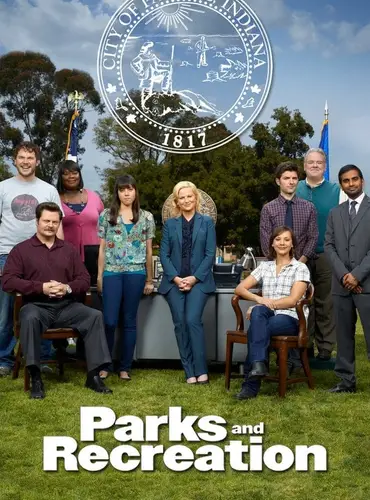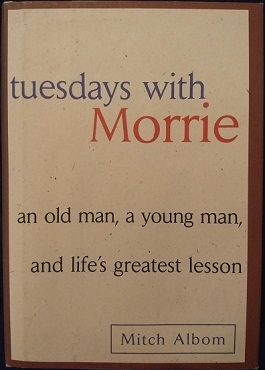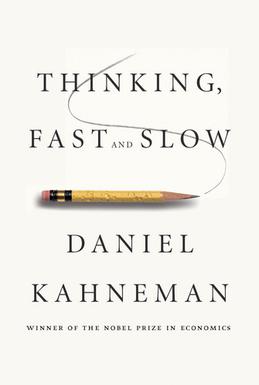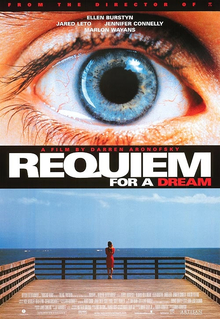Lists
















16 Shows, 11 Movies, 2 Books
All Time Faves ❤️
Sort by:
Recent Desc
More lists by Yasmin pakdel



Games
List includes: When Nietzsche Wept, Need for Speed, Max Payne
February 2023
0
Y
@yasmin-pakdel



Musicians
List includes: Aerosmith, Daft Punk, Michael Jackson
February 2023
0
Y
@yasmin-pakdel



Wanna Read
List includes: Fahrenheit 451, Frankenstein, Animal Farm
February 2023
0
Y
@yasmin-pakdel


Wanna Watch
List includes: Animal Farm, Tuesdays with Morrie
February 2023
0
Y
@yasmin-pakdel



Fave Books 📚
List includes: The Alchemist, The Shining, Thinking, Fast and Slow
February 2023
0
Y
@yasmin-pakdel



Watched ✅
List includes: American Psycho, Me, Myself & Irene, The Big Bang Theory
February 2023
0
Y
@yasmin-pakdel



Hmm?
List includes: Made of Honor, Pushing Daisies, Galaxy Quest
February 2023
0
Y
@yasmin-pakdel



To-Watch List
List includes: Bruce Almighty, Se7en, Requiem for a Dream
February 2023
0
Y
@yasmin-pakdel



They Say Watch It
List includes: Arrested Development, Breaking Bad, Band of Brothers
February 2023
0
Y
@yasmin-pakdel